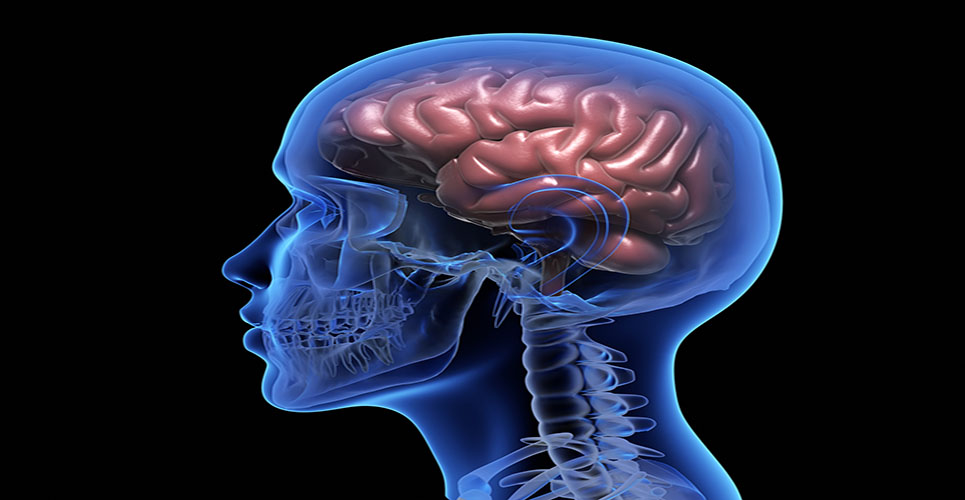teaser
Zonisamide has shown similar efficacy and tolerability to carbamazepine in adults with newly diagnosed partial epilepsy, according to the results of a Phase III study presented on Tuesday at the International Epilepsy Congress in Rome, Italy.
The study, which was an international, randomised, double-blind, non-inferiority trial, compared the effects of zonisamide (ZNS) and carbamazepine (CBZ) in 583 untreated adults (18-75 years) with newly diagnosed partial epilepsy.
The primary endpoint of the study was to assess the proportion of patients who were rendered seizure-free for at least six months.
Out of the 282 patients randomised to ZNS, 161 (57.1%) completed the trial, compared to 192 (63.8%) of the 301 patients randomised to CBZ.
After 26 weeks, seizure freedom rates were comparable: 79.4% (177/223) for ZNS and 83.7% (195/233) for CBZ.
Incidence of total treatment-emergent adverse events (TEAEs) was very similar, with 60.5% and 61.7% recorded in ZNS and CBZ respectively, as was the incidence of serious TEAEs (5.3% vs. 5.7%) and TEAEs leading to withdrawal (11% vs. 11.7%).
The study was presented by Michel Baulac, Professor of Neurology and Neuroanatomy at University Pierre et Marie Curie in Paris, France, and Professor Martin Brodie, Ambassador for Epilepsy for the International League Against Epilepsy.
“As you know, our drugs are called ‘anti-epileptic drugs’,” said Professor Baulac. “In fact, they are anti-seizure drugs; they help control seizure but they do not treat the underlining disease.”
“The goal of any epilepsy study is to render patients seizure free, and to do this for a meaningful period of time, such as one year.”
“Zonisamide and carbamazepine were very effective, with a high response rate in newly diagnosed patients.”
“The lower confidence limit of the absolute difference between seizure freedom rates between carbamazepine and zonisamide was -12.2%, which very narrowly exceeded the -12% control margin.
“However, the lower limit was within the EMA’s request of 15% and Eisai has now asked the agency for an extension to its license.”
International Epilepsy Congress
